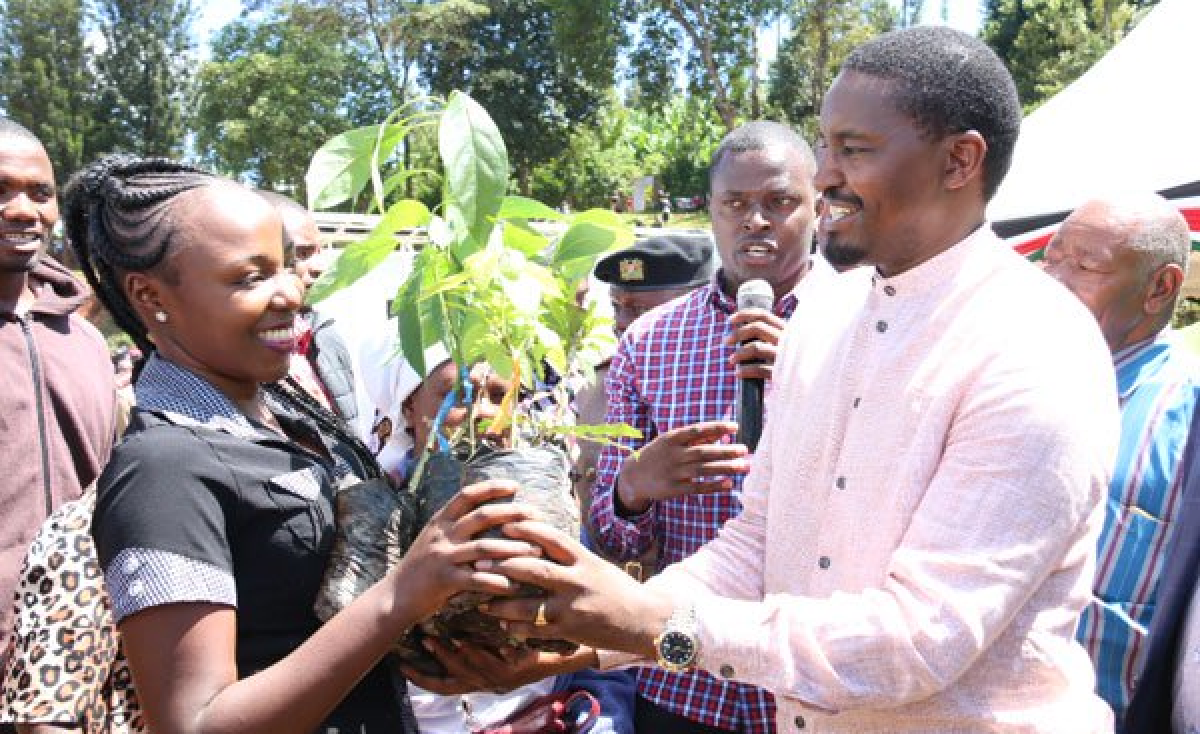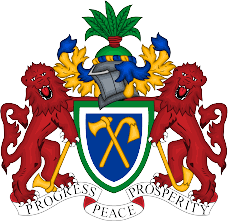GAMIRSALEP
The Gambia Incentive-Based Risk Sharing System for Agricultural Lending Establishment Project (GAMIRSALEP) is a USD8.461million project co-funded by the African Development Bank (AfDB) with a grant of US$6.6m) and a Counterpart Contribution of (US$1.861m) from The Gambian Government.
Project Objectives
The project development objective is to increase access to lending from Financial Institutions (FIs) to actors in agricultural value chains.
Project Components
The project consists of the following three components:
- Establishment of the risk sharing facility (GAMIRSAL)
- Institutional Strengthening
- Project coordination and management
Intervention Sites and Project Beneficiaries
The project will intervene in all the regions of the country, although significant concentration will be in the Greater Banjul Area where most of the commercial banks are currently located. Intermediary beneficiaries are composed of the Financial Institutions (FIs) (commercial banks and Micro-Finance Institutions) and the final beneficiaries are the actors along the agriculture value chains.
The Project is expected to benefit 5,000 direct beneficiaries and 20,000 indirect beneficiaries. All the formal financial institutions can benefit from the risk mitigating facility to increase their financing to agricultural sector. However, since access to the risk mitigating facility for actors along the agricultural value, chains should be through FIs, only the registered and of certain activity, levels can effectively benefit. To benefit, the smallholders may need to be organize in registered cooperatives, which will submit financing requests on behalf of their members. The project will support farmer organisations in developing bankable business plans, with priority given to women's groups.
Theory of Change
The project will focus on activities that remove barriers to FIs’ lending to the agricultural sector. The issues of lack of acceptable collateral, absence of risk mitigating instruments and high interest rates will be addressed by establishing a risk mitigating facility (GAMIRSALEP) which shall provide credit guarantee up to a maximum of seventy percent of principal of the loan from FIs to the actors along the agriculture value chains, including women and youth. The issues of poor knowledge of agriculture value chains and lack of agriculture tailor-made financial products and services will be addressed by providing Technical Assistance to Fis to strengthen their capacities and equip them with effective operating models for analysing financing requests, mainstreaming and managing climate change risks in investment portfolios, and managing agricultural project portfolios.
The project will adopt best practices in serving women-led SMEs to ensure that their needs are met and the persistent gender gap in accessing cred it is reduced. The issue of weak capacity of actors along the agriculture value chains to develop bankable business plans, mainstream, and manage climate change risks in investment plans and manage credit will be addressed through technical assistance in designing and improving business plans, as well as training of trainers in good governance, financial education, climate risk management, credit management and reporting systems. All other things being equal, access to a risk sharing facility coupled with improved skills of FIs and actors along the agriculture value chains will result, in the medium term, to an increase in lending to agriculture.
In the long term, this will promote an increase in agricultural productivity and production, income, food, and nutrition security, building resilience to climate change and help to decrease food imports. Special attention shall be paid to agriculture value chains that are highly vulnerable to the effects of climate change and/or SMEs operating in high climate change hotspots. By establishing a sustainable mechanism for agriculture investment financing, the project will help reduce the country’s vulnerability to external shocks that endanger food security, such as COVID-19 and the Russia-Ukraine war. Project implementation is planned to commence with an awareness raising campaign and beneficiaries will closely be involved until the project completion.
Project Partnerships
The Ministry of Agriculture, Livestock & Food Security (MoALFS) is responsible for overall project implementation. The Central Projects Coordinating Unit (CPCU) under the MoALFS is responsible for project coordination and implementation. The project strategic oversight role and orientation function will be played by a Project Steering Committee (PSC) chaired by the Permanent Secretary (PS) of the MOALFS. Other members of the PSC are as follows: Permanent Secretary of MOFEA; iii) Permanent Secretary of MOTIRIE; iv) Executive Secretary of GCCI; v) Executive Secretary of the Bankers’ Association; vi) Executive Secretary of the Insurance Association; vii) Representative of Agribusiness Associations; viii) President of NACOFAG; and ix) General Manager of NACCUG.


